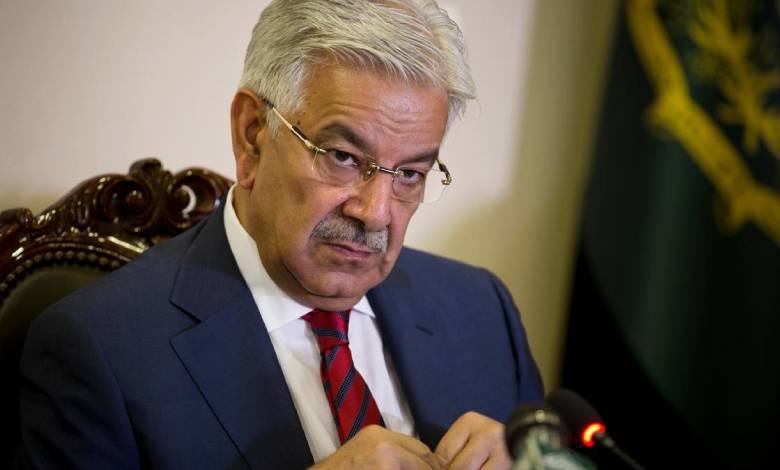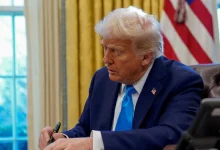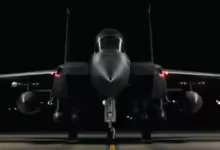Pakistan-Saudi Defence Pact “Open” to More Arab Nations, Says Khawaja Asif

Islamabad: Pakistan’s Defence Minister Khawaja Asif has said that other Arab nations could potentially join the newly signed Pakistan-Saudi Arabia mutual defence pact, noting that “the doors are not closed” for such participation. The announcement comes just days after Pakistan and Saudi Arabia formalised their most significant security agreement in decades.
The Defence Agreement
On Wednesday, Prime Minister Shehbaz Sharif and Saudi Crown Prince Mohammed bin Salman signed a “strategic mutual defence” pact under which an attack on either country will be treated as an act of aggression against both. A joint statement said the agreement underlines both countries’ resolve to strengthen security and promote peace in the region and globally.
When asked if Pakistan’s nuclear assets came under the scope of the agreement, Asif said: “What we have, our capabilities, will absolutely be available under this pact,” adding that Pakistan’s nuclear programme has always remained under inspection and compliant with international norms. He clarified that the pact is purely defensive in nature, likening it to the NATO alliance.
Regional Implications
The deal comes amid rising tensions in the Middle East, days after an Israeli strike targeted Hamas leadership in Qatar. Asif emphasised that Pakistan and Saudi Arabia share a “sacred duty” to protect holy Islamic sites and would jointly respond to any aggression against either side. He highlighted that Pakistan has had a longstanding military presence in Saudi Arabia, with thousands of troops and air force personnel deployed over the years.
India’s Ministry of External Affairs spokesperson Randhir Jaiswal said New Delhi would carefully study the pact’s implications for India’s national security and regional stability, while reiterating the government’s commitment to protecting national interests in “all domains.”
Defence Ties Through the Years
Pakistan-Saudi security cooperation has deep roots, beginning in 1967 and strengthening after the 1979 Grand Mosque siege, when Pakistani special forces aided Saudi troops in retaking Masjid al-Haram. Security ties were institutionalised with the 1982 Bilateral Security Cooperation Agreement, paving the way for Pakistani training missions, advisory roles, and long-term troop deployments in the Kingdom. At different periods, as many as 20,000 Pakistani soldiers were stationed in Saudi Arabia, which also became a buyer of Pakistani-made arms.
On Afghanistan and Terrorism
Khawaja Asif also reiterated longstanding accusations that Afghan soil is being used to launch terrorist attacks inside Pakistan, pointing to groups like the TTP and BLA. He described Afghanistan as a “hostile country” and claimed Islamabad continued to face the aftershocks of wars in which Pakistan was drawn due to U.S. involvement. He did not rule out Arab intervention if Afghan-based aggression threatened the security of the pact.
According to Dawn, the signing marks the biggest upgrade in Pakistan-Saudi defence ties in decades. Defence cooperation has recently gained urgency, underscored by the February meeting of the Joint Military Cooperation Committee in Riyadh, which pledged expanded training and military exchanges.
Would you like me to also create a sharp geo-political analysis style summary (3-4 crisp points) highlighting what this deal means for India, Gulf security, and NATO comparisons?
With PTI Inputs




